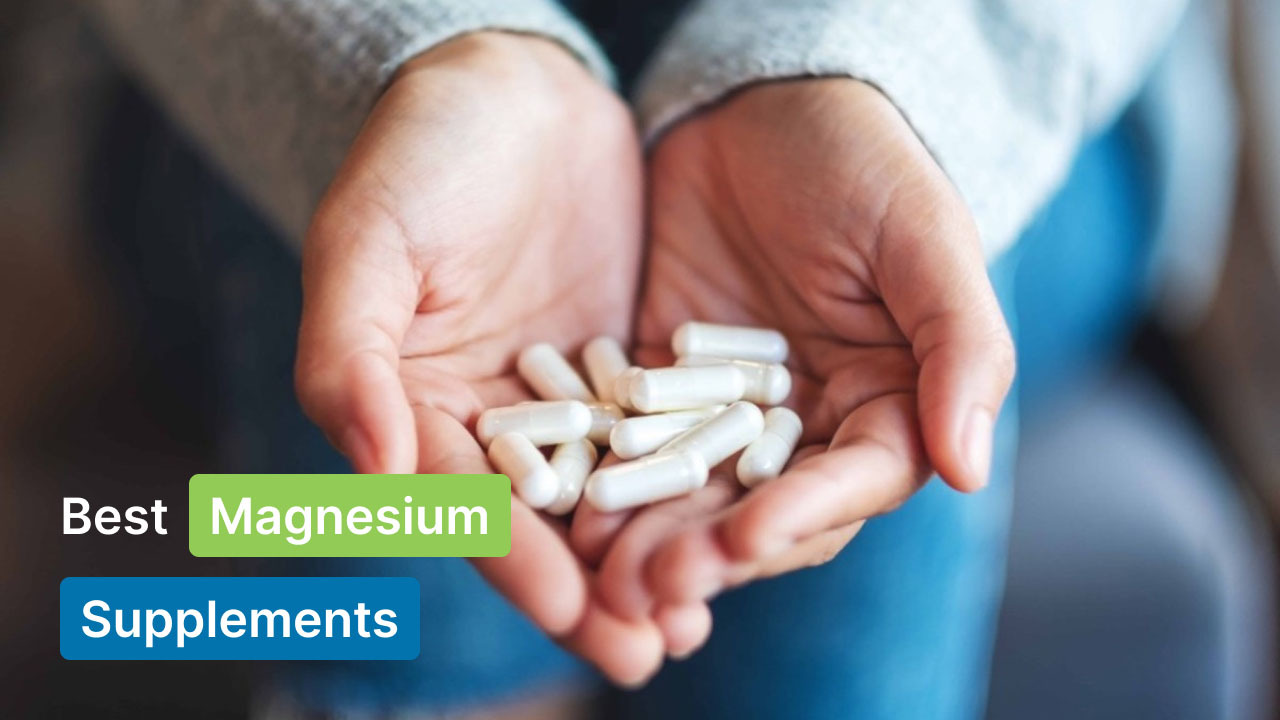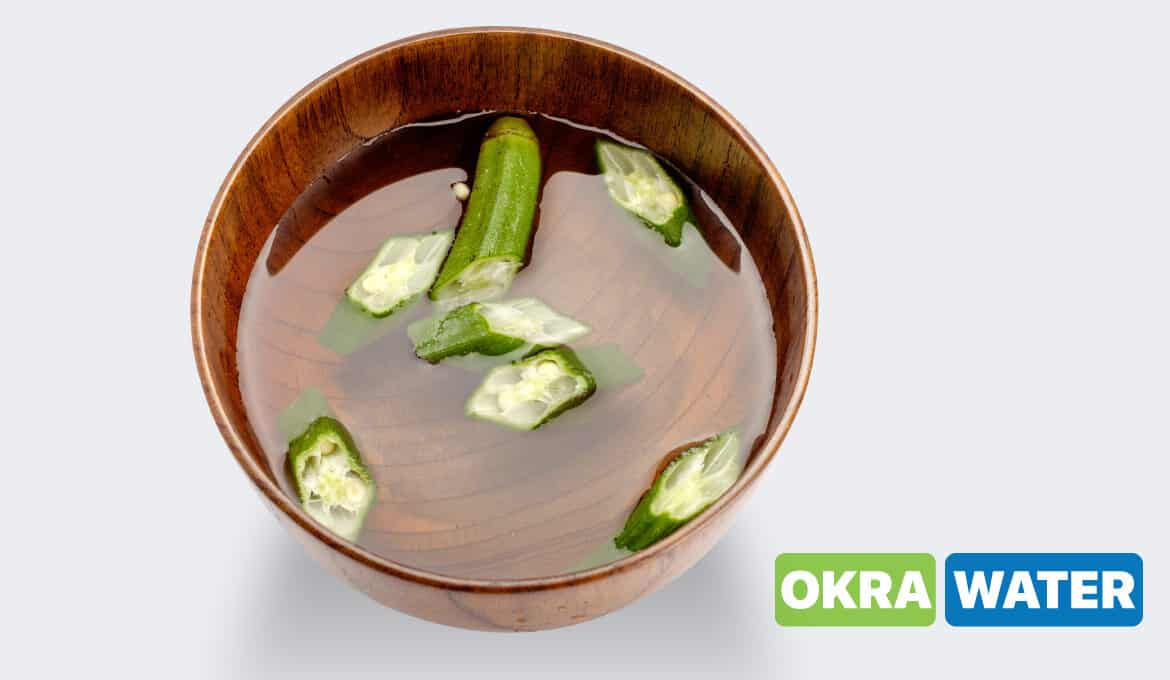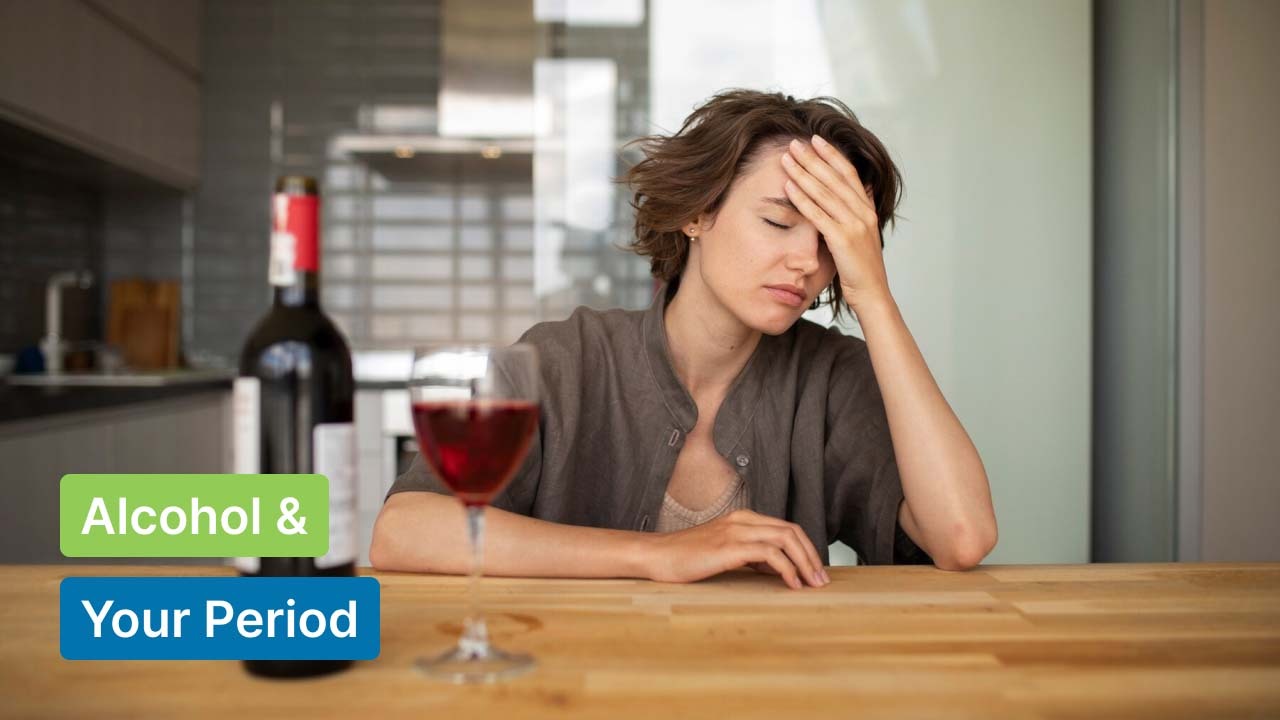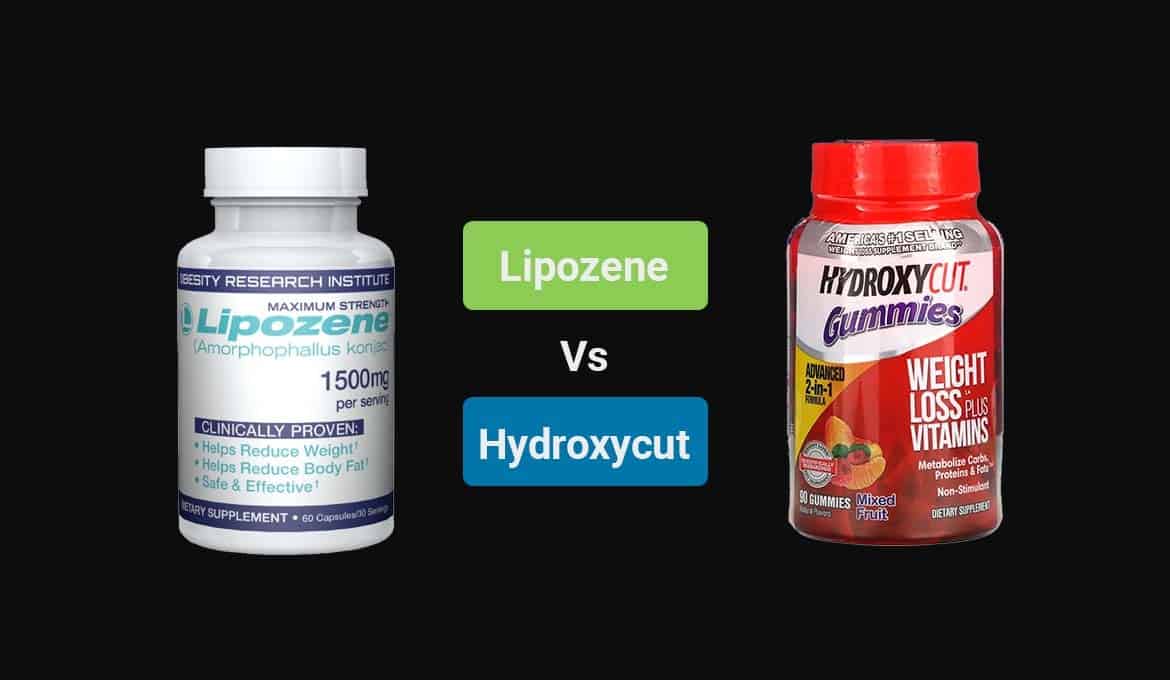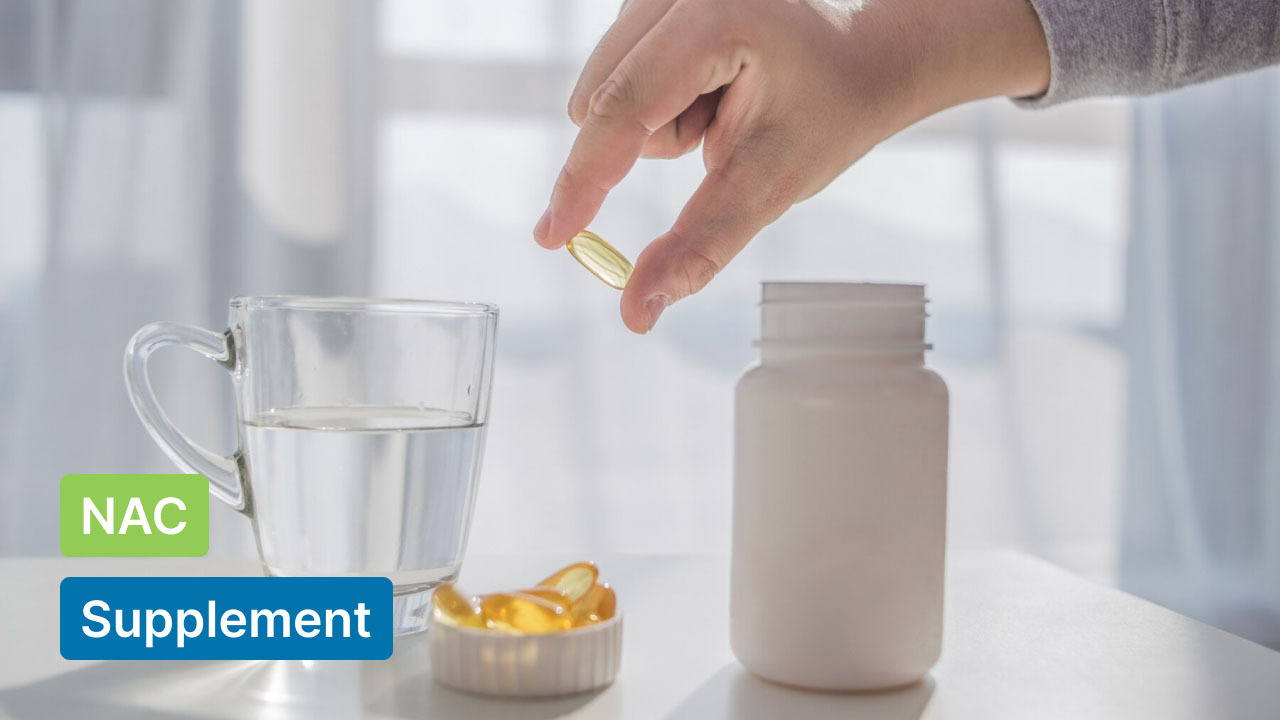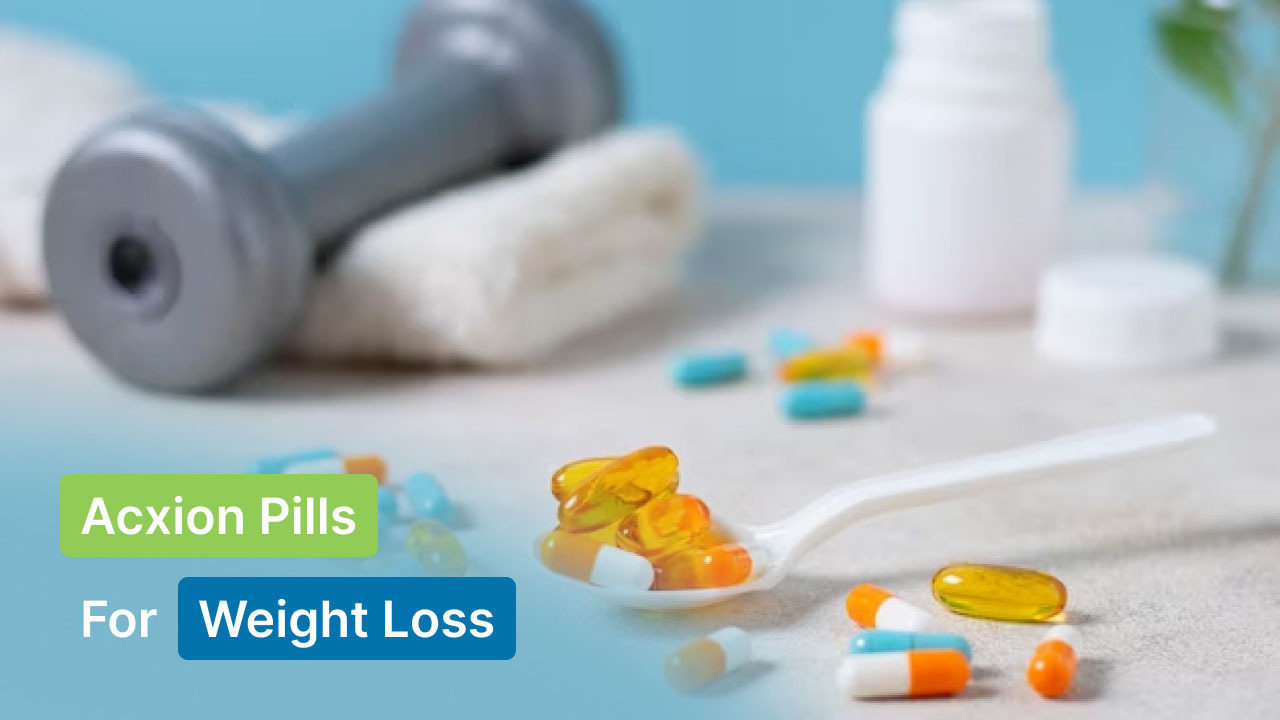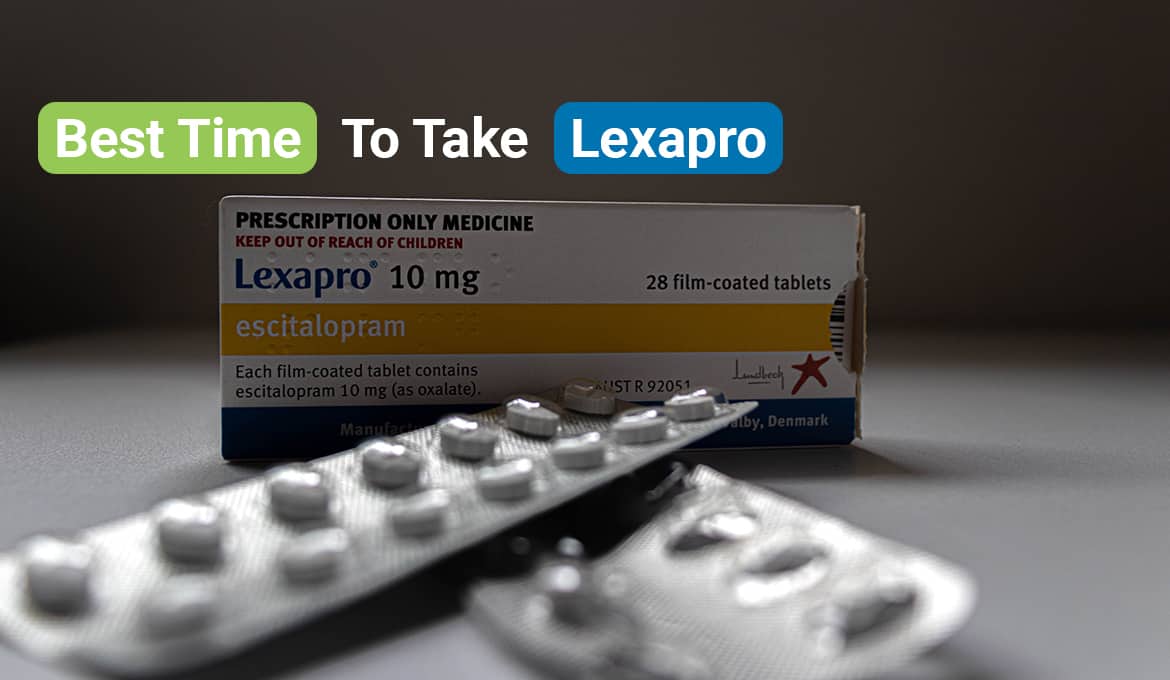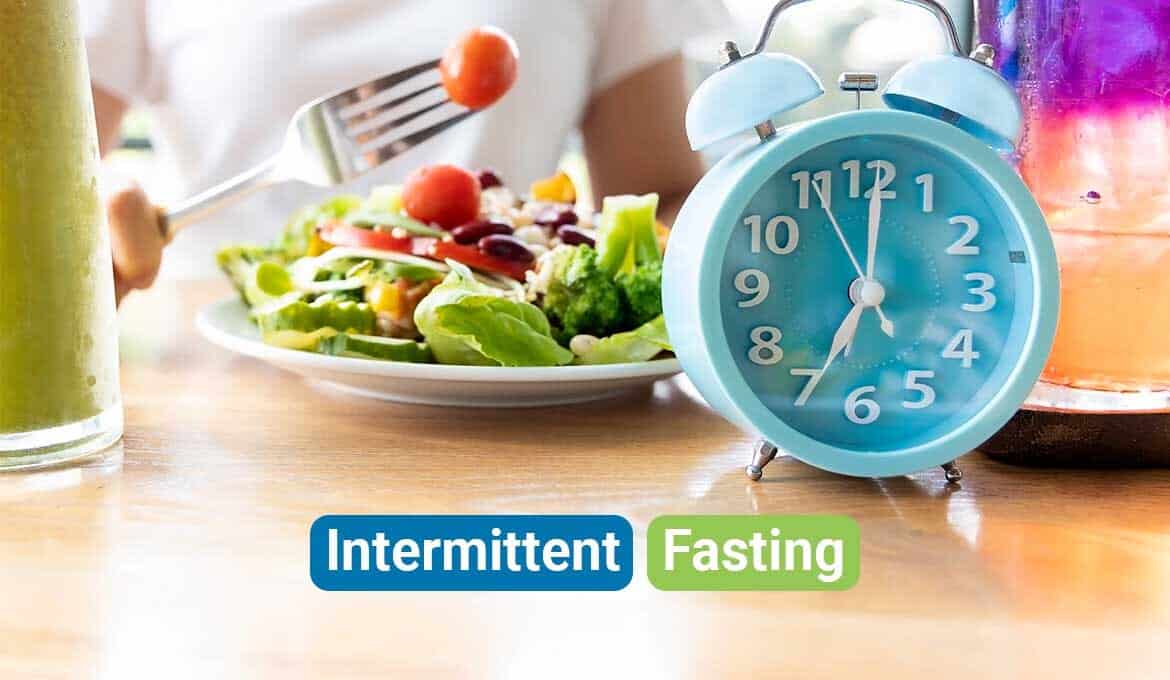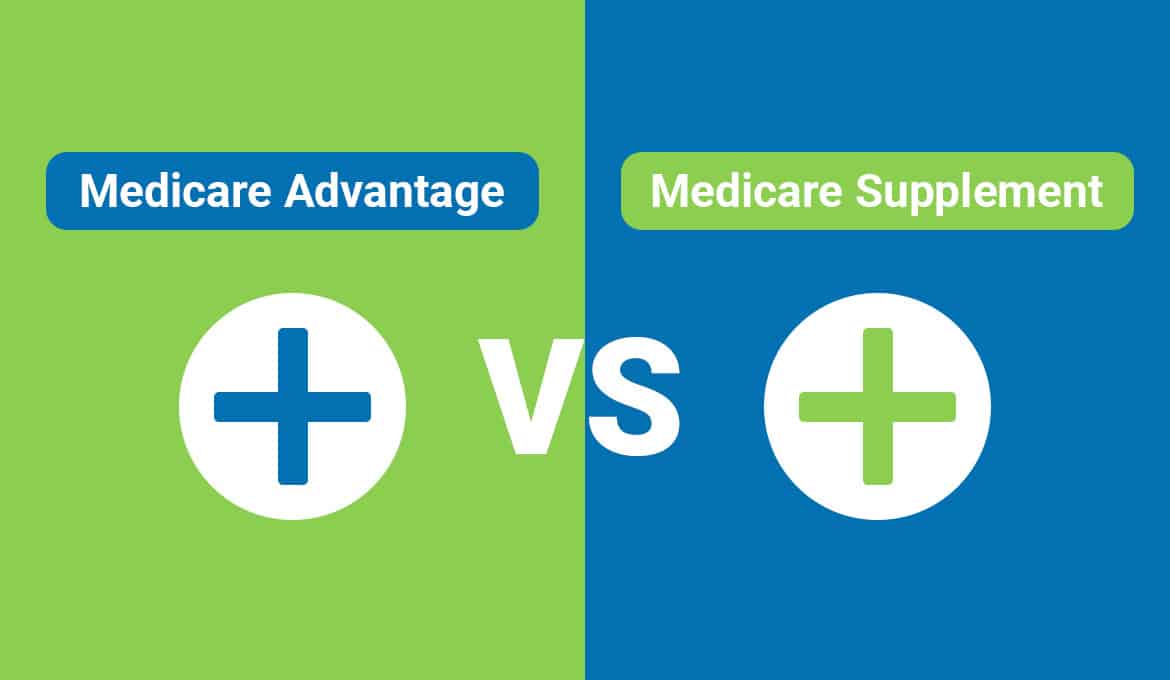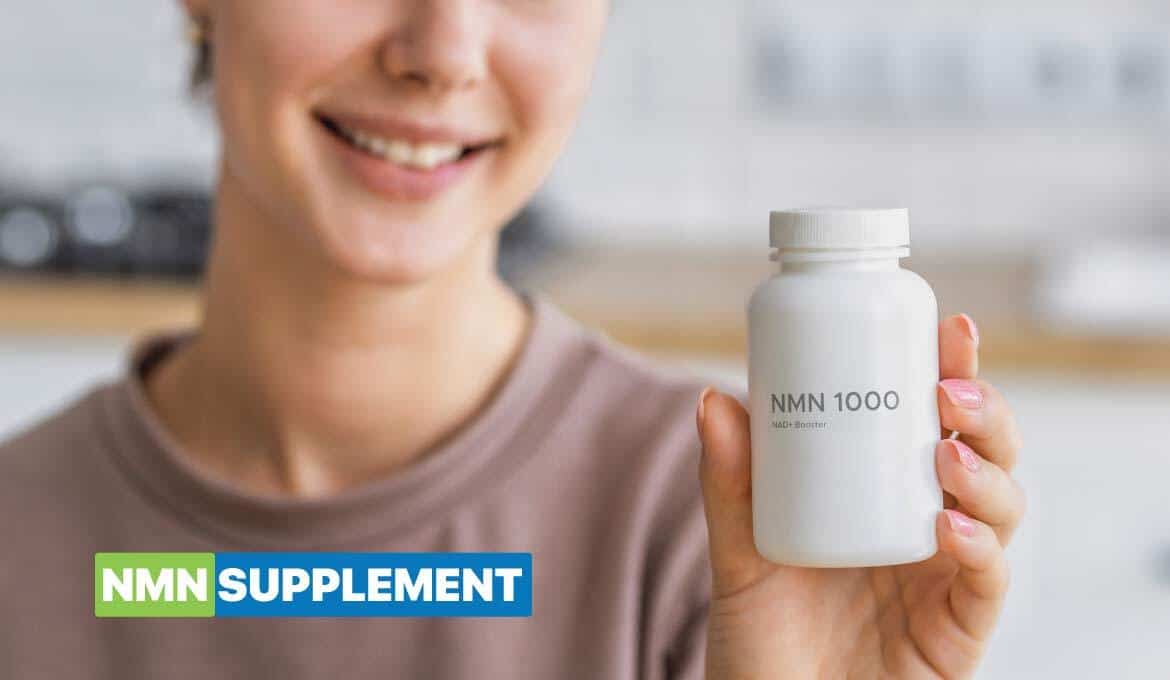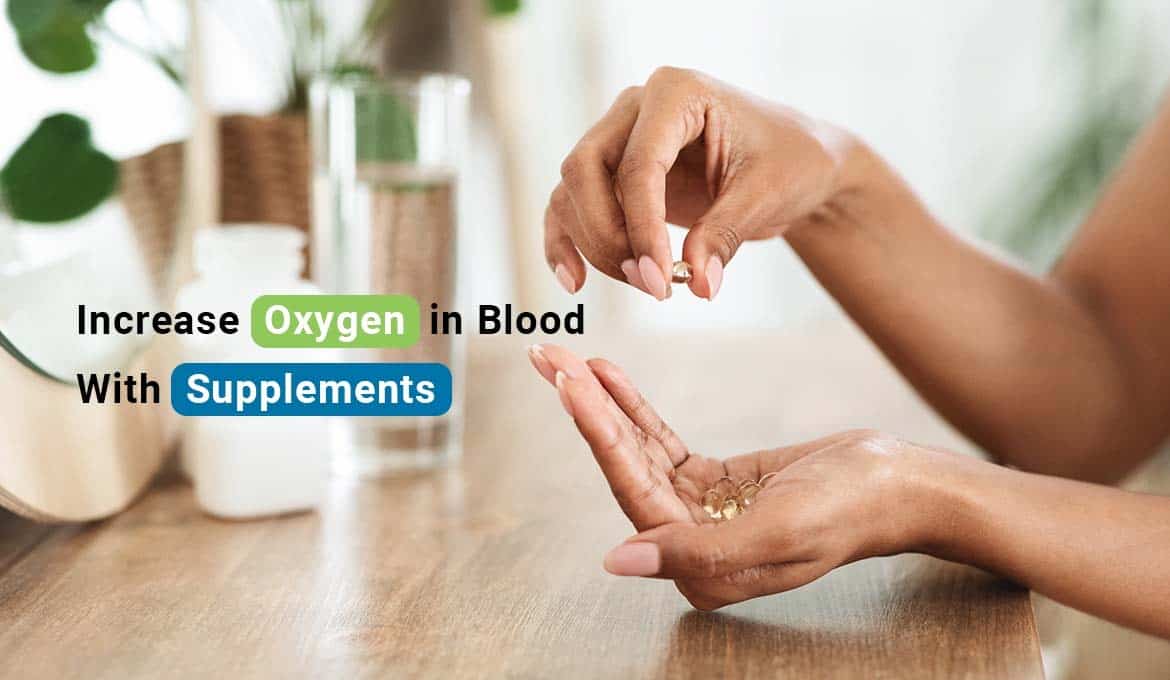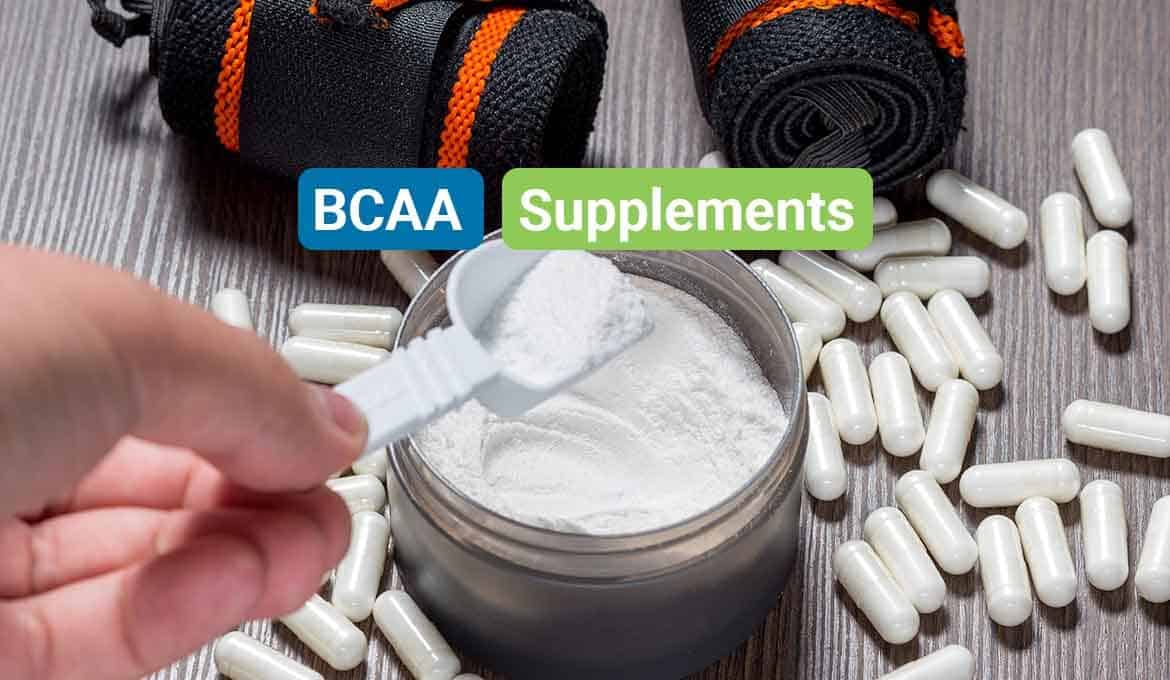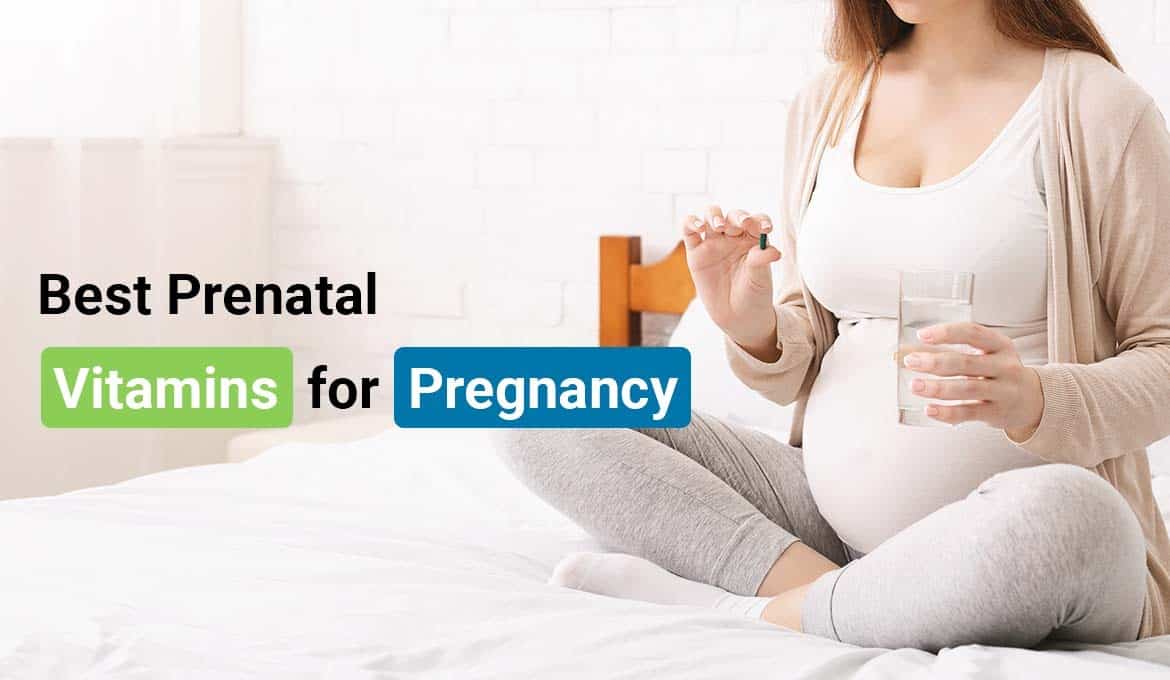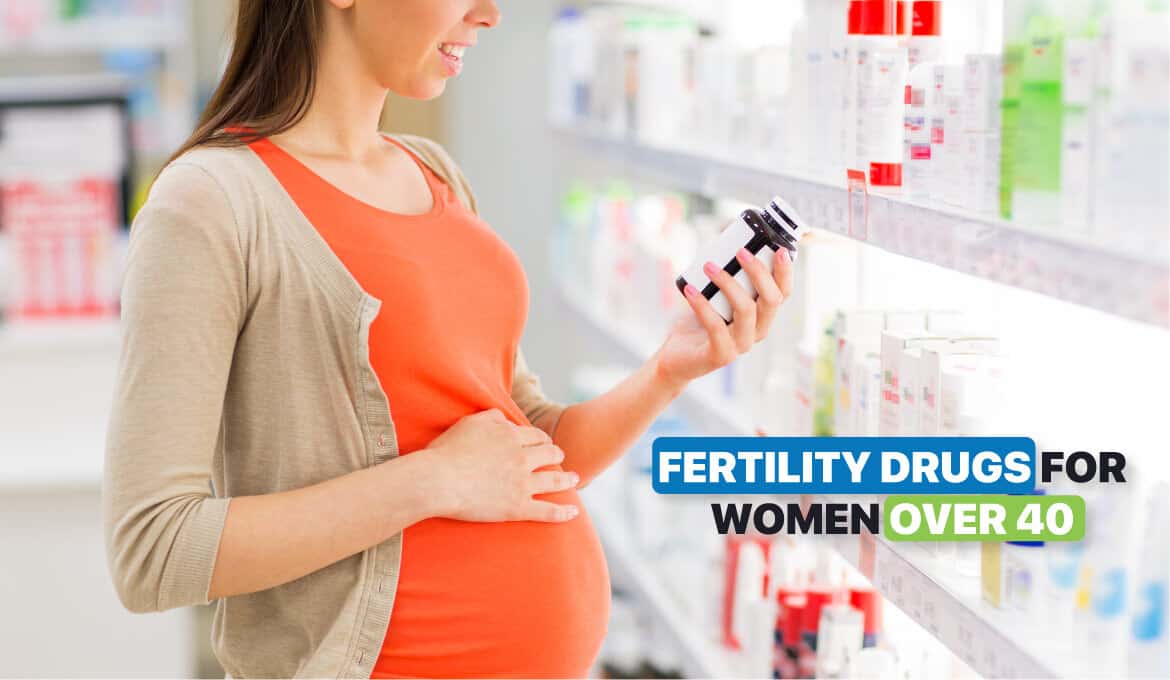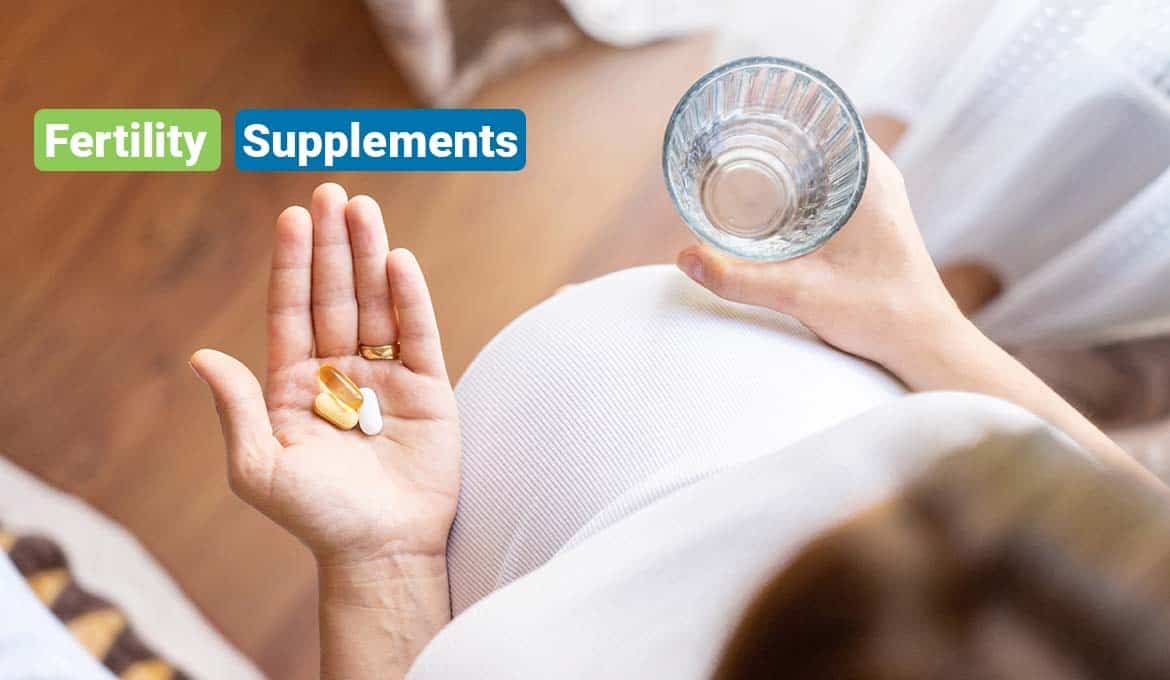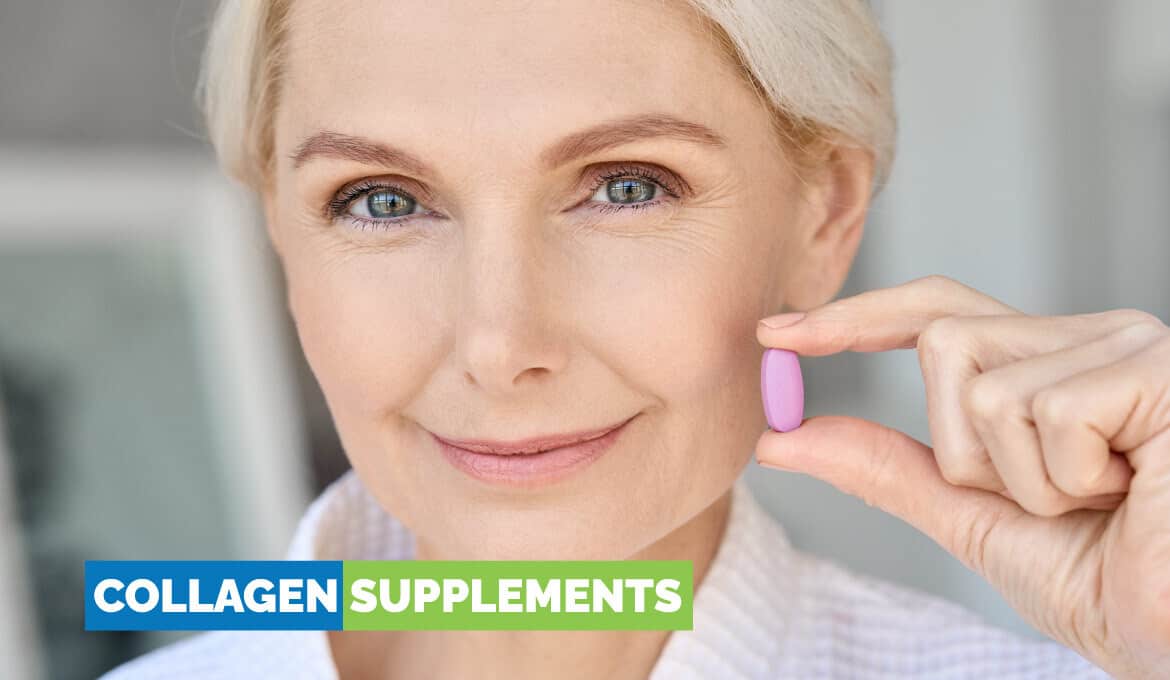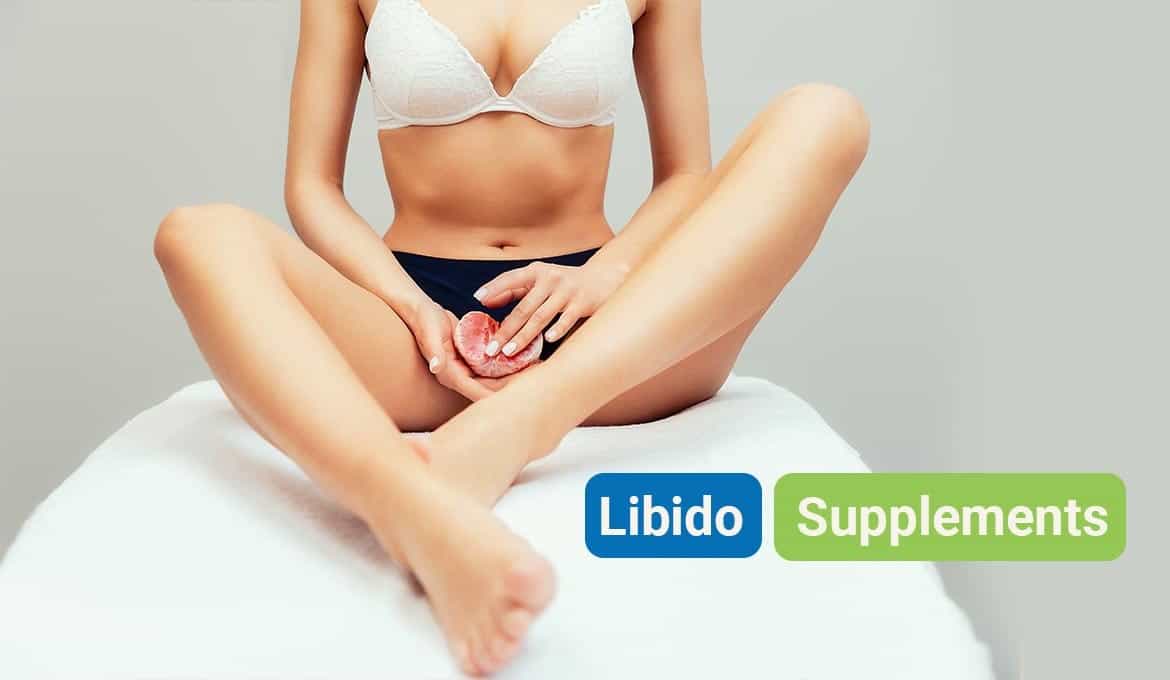
Apart from emotional intimacy and friendship, sexual intimacy is an integral part of most romantic relationships. It helps you be closer to the person you like or love and gives you a sense of personal satisfaction.
A healthy sexual relationship also elevates moods and improves productivity across different spheres of life.
However, decreased libido can make it difficult to enjoy your sexual relationships. It might create feelings of shortcomings in your relationship apart from creating communication issues with your partner.
It can be tough for women to deal with as they face a general decrease in libido levels with age. It is possible to improve libido levels with the right nutrition and supplementation over time.
This article looks at female libido and ways to improve it with diet and lifestyle changes.
What is libido?
Libido refers to the sexual desire or the sex drive in a person. It’s a psychological state that makes us seek pleasure or tune our body to receive it. Biologically, hormones like dopamine, testosterone, and estrogens regulate human libido.
Having a high libido helps you pursue and enjoy sexual activities better. It also improves energy levels across other areas of your life and improves your drive and motivation to get things done.
Libido levels vary amongst people based on various factors like age, sexual history, lifestyle, health, physical fitness, body weight, and medications.
Having a low libido level might hamper a women’s sexual relationship with their partner and might also impact other areas of their life.
While it is normal for libido to slowly decline with age, a sharp decrease might be the cause of concern. Alternately, some women might have a low libido from a very young age.
It can improve libido levels by incorporating nutrition through your diet and supplementation.
Causes of low libido
There can be several reasons for decreased libido in women. Some of these are:
(i) Age:
Women generally face decreased libido levels with age. This is due to decreasing estrogen levels. This might be especially pronounced after menopause.
(ii) Hormone levels:
Optimal hormone levels are essential for ideal libido levels. Issues with functioning within the different regulatory systems in the body can lead to skewed hormone levels. This can result in a lowered libido.
(iii) Stress:
Chronicle stress can lead to low moods, making one less receptive to sexual endeavors. This can lead to a decrease in libido.
(iv) Relationship issues:
Having relationship issues with your partner can result in a lack of emotional intimacy with your partner. This can create a rift in your bond, making you less open to sexual activities with them.
(v) Sleep pattern:
A haphazard sleep pattern or failure to get enough sleep consistently can result in lowered moods, fatigue, stress, and low energy levels. This can result in a decreased libido level in women.
(vi) Medication:
Several medications can have a negative impact on your libido. Antidepressants are especially notorious for impacting sexual desire and energy.
(vii) Obesity:
Obesity results in higher cortisol levels contributing to stress. Furthermore, it also decreases blood flow and sensitivity in your sex organs. This can result in a lowered libido.
(viii) Mental health:
Mental health conditions like anxiety and depression can lower moods and fatigue. It also leads to lowered self-esteem and confidence. This can be a cause of low libido.
(ix) Intimacy issues:
Your past relationships and experiences may impact your comfort with sexual intimacy. Trying to be in a sexual relationship before dealing with such issues can also result in a lack of communication and emotional intimacy. This can be a cause of low libido.
(x) Diabetes:
Diabetes can lead to lowered sensitivity and blood flow in your body. It also affects the optimal absorption of nutrients in the body and can make hormone regulation difficult. This can lead to decreased libido levels.
10 best libido-boosting supplements for women
One of the causes of low libido in women is a deficiency of certain nutrients. Other causes, like fatigue, fogginess, cell damage, etc., can be treated by addressing nutrient deficiencies.
Therefore, consuming the right nutrients through your diet and health supplements can increase libido for most women.
Some helpful libido-boosting nutrients are:
(i) Vitamin E:
Vitamin E is a fat-soluble essential nutrient vital for various body functions. Supplementing with Vitamin E can increase blood flow to your sexual organs. They are also effective in treating oxidative damage in your sexual organs. Vitamin E also regulates sex hormones in the body and can create optimal conditions for sexual arousal.
The Recommended Dietary Allowance (RDA) for vitamin E is 15mg daily. Some dietary sources of vitamin E are almonds, sunflower seeds, peanuts, spinach, bell peppers, and pumpkin.
(ii) Vitamin D:
Vitamin D is a fat-soluble essential nutrient responsible for intestinal absorption of nutrients like magnesium, calcium, and other biological functions.
Vitamin D has been show to improve estrogen levels in women. This leads to higher libido and sexual desire in women. It has also been shown to improve sexual satisfaction and improved orgasms. A general elevation in mood is also observed.
The RDA for vitamin D is 400-600 international units daily. Some dietary sources of vitamin D are oily fish, sardines, eggs, cheese, and red meat.
(iii) Zinc:
Zinc is a trace mineral that is extremely vital for various body functions. It is especially vital in producing DNA, cells, proteins, cell repair, and immune system support.
This can be especially beneficial when dealing with cell damage in sexual organs. Zinc supplementation has been shown to enhance sexual desire, arousal, and pleasure received and increase vaginal wetness.
The RDA for zinc is 8-11 mg per day. Some excellent dietary sources of zinc are legumes, chickpeas, oysters, eggs, and cashews.
(iv) L-Arginine:
L-Arginine is an essential amino acid that the body uses to build protein and maintain muscles. It is known to increase blood flow and help distribute nutrition in the body.
L-Arginine is reported to increase sexual pleasure and satisfaction in women. It is due to the increased blood flow to the sexual organs that can help increase sensitivity.
The recommended dosage for L-Arginine is around 30 grams daily. Some dietary sources of L-Arginine are turkey, pork loin, chicken, soybeans, spirulina, and pumpkin seeds.
(v) Selenium:
Selenium is an integral component of various enzymes and proteins in the body. They make up DNA in the body and are also beneficial in fighting cell damage.
They are also part of the body's production and metabolism of thyroid hormones. Lowered female libido and sexual dysfunction are often linked to low levels of selenium in the body. Supplementing through diet or pills can help overcome this deficiency.
Selenium’s RDA is 55 mcg per day. Some good dietary sources of selenium are Brazil nuts, brown rice, chicken, eggs, pork, and bananas.
(vi) Magnesium:
Magnesium is a trace mineral that is a crucial cofactor of over 300 enzymes involved in the various biochemical processes within the body. It is involved in protein synthesis, nerve function, blood glucose regulation, blood pressure control, energy production, and glycolysis.
Magnesium is involved in the production of sex hormones like estrogen and testosterone. Supplementation has been shown to increase libido. It is also observed to help achieve a calmer mind, which can help you relax and realize greater sexual pleasure.
The RDA for magnesium is 320 mg every day. Dark chocolate, spinach, cashews, beans, avocado, and whole grains are good dietary magnesium sources.
(vii) L-Carnitine:
L-Carnitine is a chemical naturally produced by our body in the brain, liver, and kidneys. It is vital for energy production in the body and helps metabolize fats. It has been shown to improve gonadotrophin levels and oocyte health. Supplementation has been observed to lead to a livelier sex drive among women.
The recommended dosage for L-Carnitine is 2 gms per day. Beef, chicken breast, pork, asparagus, cheddar cheese, milk, and whole wheat bread are excellent dietary sources of L-Carnitine.
(viii) Vitamin B3:
Vitamin B3, also called Niacin, is an essential nutrient involved in energy production and the creation of DNA in the body. It also has antioxidant effects and can help repair cell damage due to oxidative stress from free radicals.
Niacin regulates sex hormones, increases energy levels, and promotes blood flow. This leads to greater sex drive and improves orgasms.
The RDA for niacin is 14-18 mg daily. Peanuts, eggs, sunflower seeds, turkey, avocado, tuna, and salmon are some good dietary sources of vitamin B3.
(ix) DHEA:
DHEA is a hormone produced by the body in the adrenal gland. DHEA is involved in the production of estrogen and testosterone in the body. DHEA levels fall in the body as we age and could cause a lowered libido. It is shown to be effective in treating low libido levels, especially in post-menopausal women.
There is no clear consensus on the right dosage for DHEA in our body, and recommendations range from 20 to 200 mg per day. It is advisable to consult your doctor before deciding on dosage. Avocados, olive oil, turkey, eggs, and nuts are some dietary sources of DHEA.
(x) Iron:
Iron is an essential mineral that the body requires to maintain healthy blood. It is involved in producing hemoglobin and myoglobin, apart from its involvement in producing certain hormones.
Women with iron deficiency have been found to be affected by lower sexual function and satisfaction. It is because iron is vital in transporting oxygen through the body. Supplementation can increase sexual function as well as libido in women.
The RDA for iron is between 8 and 18 mg every day. Some dietary sources of iron are spinach, tofu, egg, beef, and dark chocolate.
Other beneficial supplements for female libido
Some certain traditional supplements and nutrients have long been used to improve women's libido. They may offer additional benefits and help improve your libido over the long term. Some of these are:
(i) Omega-3 fatty acids:
Omega-3 fatty acids are essential healthy facts that aid various functions of the body. They are a key initiator in hormone production and help relax artery walls.
They also help relax the artery walls to regulate blood clotting and contraction and treat inflammation. They help relax the nervous system, elevate mood, and reduce anxiety by increasing serotonin and dopamine levels in the body.
This helps improve sexual function and increases libido in women.
The RDA for omega-3 fatty acids is 1.1 gms per day. Walnuts, salmon, cod liver, flaxseeds, avocado, and soybean are good dietary sources of omega-3 fatty acids.
(ii) Ashwagandha:
Withania somnifera, known as ashwagandha or winter cherry, is a shrub commonly used in traditional medicine from many countries. It calms the mood, lowers blood pressure, and boosts the immune system.
It is also observed to improve blood flow in the body, especially to the sexual organs. A study found that eight weeks of supplementation with ashwagandha improved desire, arousal, lubrication, satisfaction, and orgasm quality in women.
The recommended dosage for ashwagandha is between 225-600 mg daily. Ashwagandha is available in powdered and capsule form from various supplement manufacturers.
When picking a manufacturer, it is advisable to consider the brand reputation and user reviews.
(iii) Ginseng:
Ginseng is a traditional medicine extract prepared from the roots of the Korean ginseng plant. It has long been used to increase libido in traditional medicine.
It is said to be rich in antioxidants and is known to increase energy, decrease stress, promote relaxation, and decrease cholesterol levels. They help increase female libido by dilating the arteries to improve blood flow to the genitals.
The average recommended dosage for ginseng extract is 200-400 mg daily. When purchasing ginseng extract supplements, it is vital to remember that bodies like the FDA do not regulate it, and due care must be taken in choosing a manufacturer.
(iv) Saffron:
Saffron is a popular spice derived from the leaves of a plant known as saffron crocus. It is a powerful antioxidant known to improve mood and reduce symptoms of depression.
It is also traditionally used as an aphrodisiac by both men and women. Saffron supplementation has been observed to improve vaginal lubrication and sexual desire in women.
The recommended dosage for saffron ranges between 20-100 mg every day. It can be consumed infused in water or milk to maximize absorption and benefits.
(v) Calcium:
Calcium is a mineral that is primarily known for its ability to improve bone health. However, it is also extremely beneficial for nerve function, muscle contraction, and regulation of heart rhythms.
They improve cell health and help improve sensitivity in sexual organs. This helps increase female libido as it helps them be more receptive to sexual activities.
The recommended dosage for calcium is 2,500 mg daily. Some good dietary sources of calcium are oranges, broccoli, tofu, yogurt, almonds, cheese, and kale.
Tips to Increase Libido
Apart from diet and supplementation, there are a few lifestyle changes that you can adopt to increase your libido. These are:
(i) Limit alcohol:
Alcohol can negatively impact your blood flow and can desensitize your sexual organs over time. Reduce your alcohol intake to improve blood flow and sensitivity to increase libido.
(ii) Reduce stress:
Chronic stress can majorly cause decreased libido. Trying relaxation exercises and making your living environment calmer can help reduce stress and improve libido.
(iii) Fix your sleep cycle:
A good night’s sleep is perhaps the most underrated contributor to good health. Getting 6-8 hours of sleep consistently can help reduce stress and elevate mood. It also helps in weight management and improves your self-esteem. This helps improve libido.
(iv) Communicate with your partner:
Talk to your partner and help them understand how you feel. Lack of communication can have an impact on libido due to the pressure it places on a partner to perform. Talking can help you tackle the problem together and improve the bond with your partner.
(v) Work on your confidence:
Low confidence and self-esteem can be a major contributor to low libido. Improving confidence through mental exercises can help you feel better about yourself and increase your libido.
(vi) Get physically active:
Bodyweight, body image, and obesity are major factors that affect libido. Physical activity can elevate your mood apart from increased blood flow and sensitivity in your sexual organs. This can boost your libido levels.
Conclusion
Pressure to satisfy your partner seems to exist in most modern relationships. Feelings of guilt, low esteem, and failure can creep up when you cannot perform optimally in your sexual relationship. This exists for both men and women.
Dealing with low libido can put you under stress and shut you down from your partner. However, communication is key here. Talk to your partner and help them understand what you are facing.
Dealing with the problem together can bring you closer apart from helping you tackle it easily.
It is important to remember that sex is something you do together and not something you do to each other. Enjoy it like a dance, and don’t place pressure on the occasional misstep.
FAQs
1. Can libido be improved with diet?
Ans: One of the common causes of a decreased libido is a deficiency in certain key nutrients. Furthermore, benefits offered by certain nutrients can also help counter certain minor health issues. Therefore, increasing libido by incorporating the right nutrients into your diet is possible.
2. What causes decreased libido in women?
Ans: Libido in women naturally tends to decrease with age. Other causes are hormone levels, stress, sleep pattern, obesity, diabetes, mental health, and relationship issues.
3. Is obesity a factor in decreased libido?
Ans: Obesity can lead to decreased blood flow and sensitivity in your sexual organs. Furthermore, it can create issues of confidence and low self-esteem. This can be a cause of low libido.
4. Can we improve libido without supplementation?
Ans: Yes, improving your libido by changing your diet and adopting a healthier lifestyle is possible. Consuming a balanced diet rich in several nutrients and combining it with an improved sleep cycle, meditation, and exercise can help you achieve a higher libido without supplementation.
Read Also:






